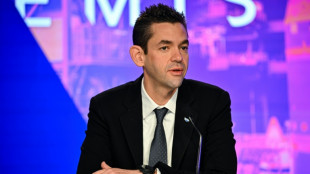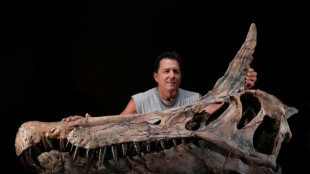
-
 Iranians across North America rally for -- and against -- strikes
Iranians across North America rally for -- and against -- strikes
-
Shakespeare would have shunned streaming, 'Hamnet' team says

-
 Will Oscars be 17th time lucky for songwriter Diane Warren?
Will Oscars be 17th time lucky for songwriter Diane Warren?
-
Sympathy for the bedeviled: the likable conspiracy theorist of 'Bugonia'

-
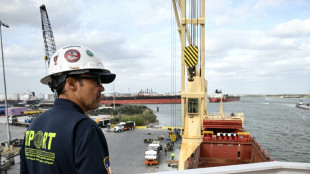 Texas port humming as Trump ramps up Venezuela oil
Texas port humming as Trump ramps up Venezuela oil
-
76ers' center Embiid to miss at least three games with oblique strain

-
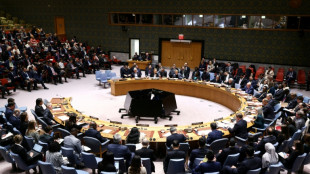 US, Israel defend strikes at UN as Iran alleges 'war crime'
US, Israel defend strikes at UN as Iran alleges 'war crime'
-
Brumbies' 'mental resolve' keeps them unbeaten in Super Rugby

-
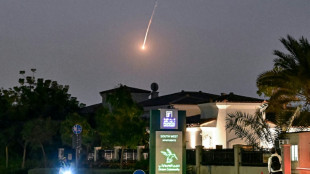 Iran attacks rock Dubai's Palm, Burj Al Arab, airport
Iran attacks rock Dubai's Palm, Burj Al Arab, airport
-
Iran leader Khamenei killed in massive US and Israeli attack, Trump says
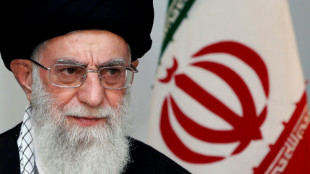
-
 UK pop-soul star Olivia Dean sweeps Brit Awards
UK pop-soul star Olivia Dean sweeps Brit Awards
-
Iranians across North America take to the streets for - and against - strikes

-
 'Turning point' as Crusaders notch first Super Rugby win
'Turning point' as Crusaders notch first Super Rugby win
-
White House releases photos of Trump, Vance during Iran ops
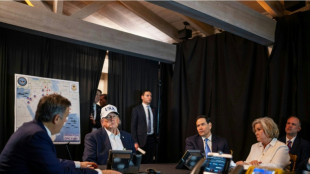
-
 PSG win to extend lead over Lens at top of Ligue 1
PSG win to extend lead over Lens at top of Ligue 1
-
Barca's Yamal nets hat-trick in Villarreal romp, Atletico go third

-
 Trump says Khamenei is dead after Israel, US attack Iran
Trump says Khamenei is dead after Israel, US attack Iran
-
Iran's Khamenei: ruthless revolutionary atop Islamic republic
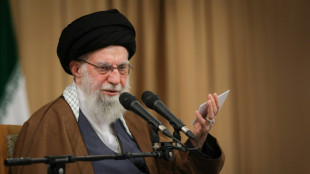
-
 Inter continue Scudetto march after Champions League humbling
Inter continue Scudetto march after Champions League humbling
-
Questions cloud Trump's case for war against Iran
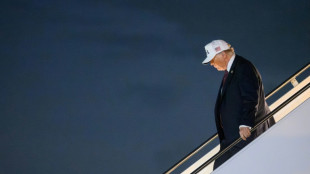
-
 Latest developments in US, Israel strikes on Iran
Latest developments in US, Israel strikes on Iran
-
Fears of Mideast war as US-Iran conflict flares

-
 Guardiola expects short absence for injured Haaland
Guardiola expects short absence for injured Haaland
-
Liverpool's set play transformation a return to 'normal' for Slot

-
 Man City win to close on Arsenal as Liverpool hit five
Man City win to close on Arsenal as Liverpool hit five
-
Kane bags brace as Bayern end Dortmund's title hopes

-
 Semenyo sinks Leeds as Man City close gap on Arsenal
Semenyo sinks Leeds as Man City close gap on Arsenal
-
Last-gasp Lukaku saves Napoli's blushes at rock-bottom Verona

-
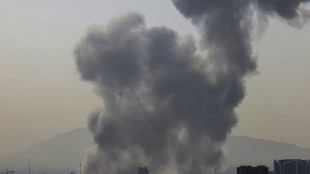 Could the US-Israel war on Iran drag on?
Could the US-Israel war on Iran drag on?
-
Iranians abroad jittery but jubilant at US, Israeli strikes

-
 Pakistan 'have underperformed' says Agha after T20 World Cup exit
Pakistan 'have underperformed' says Agha after T20 World Cup exit
-
Under-strength Toulouse overpower Montauban in Top 14

-
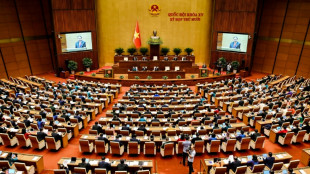 Vietnam AI law takes effect, first in Southeast Asia
Vietnam AI law takes effect, first in Southeast Asia
-
Brazil's Lula visits flood zone as death toll from landslides hits 70

-
 New Zealand into T20 World Cup semis as Sri Lanka avoid big Pakistan loss
New Zealand into T20 World Cup semis as Sri Lanka avoid big Pakistan loss
-
Medvedev wins Dubai title as Griekspoor withdraws

-
 First Yamal hat-trick helps Liga leaders Barcelona beat Villarreal
First Yamal hat-trick helps Liga leaders Barcelona beat Villarreal
-
Liverpool hit five past West Ham, Haaland-less City face Leeds test

-
 Van der Poel romps to cobbled classic win
Van der Poel romps to cobbled classic win
-
Republicans back Trump, Democrats attack 'illegal' Iran war
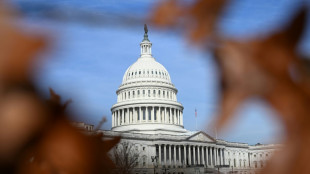
-
 Madonna is surprise attraction at Dolce & Gabbana Milan show
Madonna is surprise attraction at Dolce & Gabbana Milan show
-
Farhan keeps Pakistan hopes alive as they post 212-8 against Sri Lanka

-
 Afghanistan says civilians killed in Pakistan air strikes
Afghanistan says civilians killed in Pakistan air strikes
-
Tug of war: how US presidents battle Congress for military powers
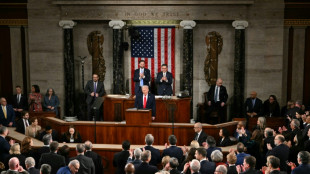
-
 Residents flee as Iran missiles stun peaceful Gulf cities
Residents flee as Iran missiles stun peaceful Gulf cities
-
Streets empty and shops close as US strikes confirm Iranian fears
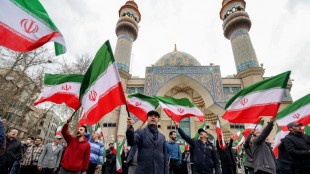
-
 Israelis shelter underground as Iran fires missiles
Israelis shelter underground as Iran fires missiles
-
Bournemouth held by Sunderland in blow to European bid

-
 VAR expanded to include second bookings and corners for World Cup
VAR expanded to include second bookings and corners for World Cup
-
Iranians in Istanbul jittery but jubilant at US, Israeli strikes


How AI-Powered Total Landed Cost Models are Revolutionizing Global Supply Chains
CUPERTINO, CA / ACCESS Newswire / May 23, 2025 / In an era defined by geopolitical volatility and increasing supply chain complexity, the ability to accurately calculate the true cost of goods is more critical than ever. Jerry Kun-Zhe Lee, a seasoned supply chain expert with a distinguished career spanning Apple, Hewlett Packard Enterprise, Texas Instruments, Merck, Microsoft, and Yahoo, has long been at the forefront of this challenge. His foundational work at the Massachusetts Institute of Technology (MIT), culminating in the publication of his "Total Landed Cost Model," laid the groundwork for strategic global sourcing.
As multinational corporations increasingly seek cost efficiencies through sourcing from diverse global locations, the need to precisely account for dynamic variables such as materials, labor, energy, transportation, customs duties, and tariffs has become paramount. In today's rapidly evolving geopolitical landscape, Lee emphasizes that Artificial Intelligence (AI)-powered solutions are no longer a luxury but an essential tool for enabling agile, data-driven purchasing decisions that are vital for maintaining both corporate profitability and national competitiveness.
Drawing upon his extensive experience and academic rigor, Lee has identified four key focus areas for U.S. supply chains in 2025:
1. Geopolitical Tensions and Reshoring: The ongoing complexities of U.S.-China relations, coupled with tariffs on key materials like steel and aluminum, are compelling companies to re-evaluate their reliance on foreign manufacturing. This shift is manifesting in increased reshoring and nearshoring initiatives aimed at mitigating both geopolitical and logistical vulnerabilities. Simultaneously, strategic trade agreements such as the USMCA and the Indo-Pacific Economic Framework are being leveraged to fortify regional supply chain networks.
2. Strategic Goods and National Security: Ensuring secure access to critical resources such as semiconductors, essential minerals, battery materials, and pharmaceuticals remains a top national priority. Recognizing the dual importance of semiconductors for defense and consumer industries, the CHIPS and Science Act has allocated significant funding to bolster domestic production. Furthermore, the growing adoption of electric vehicles is driving investments in domestic mining and the formation of strategic alliances to secure the supply of vital materials like lithium, cobalt, nickel, and rare earth elements.
3. Sustainable and ESG-Compliant Supply Chains: Environmental, social, and governance (ESG) standards are increasingly shaping corporate supply chain strategies. Driven by regulatory mandates and evolving consumer expectations, companies are under pressure to reduce their carbon footprint, enhance supply chain transparency, and embrace circular economy principles. The reporting of Scope 3 emissions, which encompasses indirect emissions throughout the supply chain, is gaining significant traction.
4. Infrastructure Modernization and Cybersecurity: Persistent bottlenecks in ports, driver shortages, and rail congestion continue to strain the nation's logistics infrastructure. Federal investments through the Infrastructure Investment and Jobs Act are targeting critical upgrades to ports, railways, and highways. Concurrently, labor shortages are accelerating the adoption of automation in both logistics and manufacturing sectors. As supply chains become increasingly digitized, the threat of cyberattacks is also growing, prompting heightened federal efforts to strengthen cyber resilience across supply networks.
Lee's insights highlight the urgent need for businesses to adopt advanced tools-such as AI-powered total landed cost models-to navigate growing complexity and build resilient, secure, and sustainable global supply chains. This requires a wide range of structured and unstructured data, including tariff schedules, trade agreements (e.g., USMCA, IPEF), political risk indices, labor market data, and global commodity prices (e.g., LME, CME). ESG modeling depends on environmental metrics like carbon intensity, transportation emissions, and Scope 3 data. Complementary inputs-such as freight indices, supplier ESG scores, and cyber risk data (e.g., CISA alerts)-sharpen forecasting and risk evaluation. These predictive models rely on near real-time public and proprietary data to simulate complex global sourcing dynamics.
It's a vital framework for companies-and even countries-looking to make informed, strategic sourcing decisions in an increasingly volatile world. In today's environment, agility and data-driven foresight are no longer optional-they're essential.
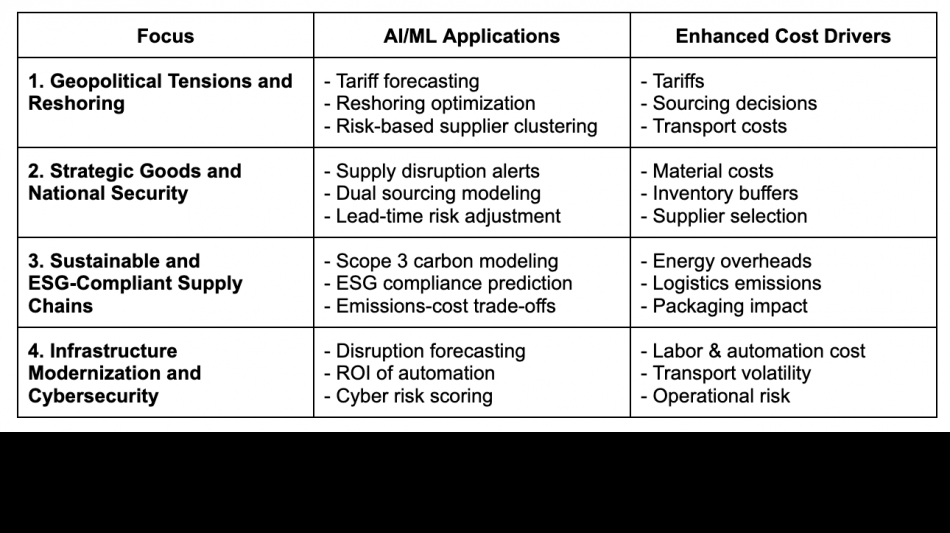

Contact:
Katie Hsieh
[email protected]
SOURCE: TaiwanNext Foundation
View the original press release on ACCESS Newswire
A.Rodriguezv--AMWN


